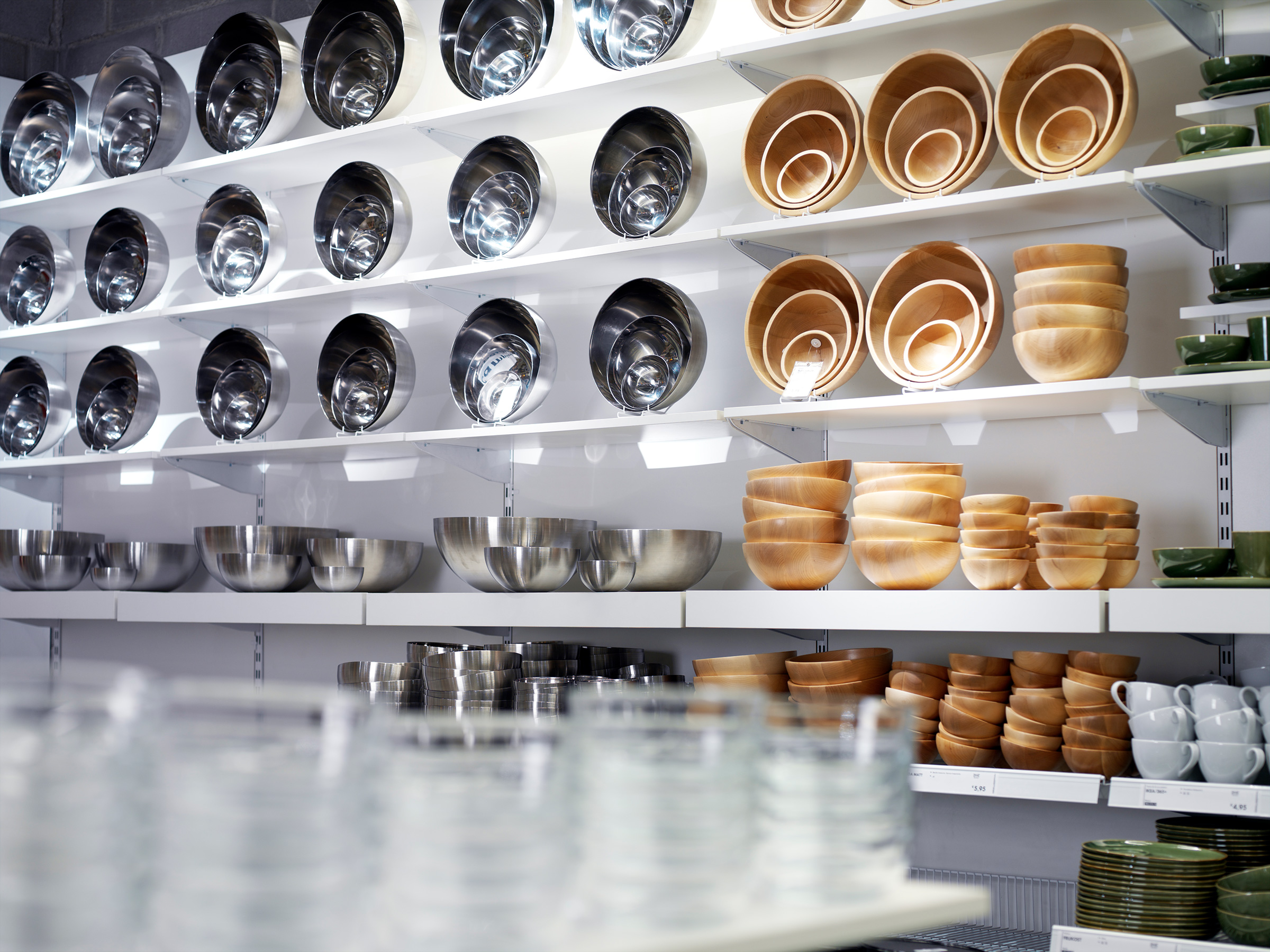For decades, Ikea has been a byword for the kind of functional mass-produced furniture you might buy to deck out your first post-college apartment. (Nice, but ultimately disposable.) Now the Swedish giant, with 455 stores in 60 markets, is making strides toward a more sustainable future. By retooling its supply chains, the company hopes to become climate-positive—reducing more greenhouse gases than it produces—by 2030. Over the past few years, it has invested in more wind farms and solar parks, tested electric vehicles for home deliveries and opened its first secondhand store. It has also continued to innovate and recently partnered with Alibaba. “The only way we can exist as a business tomorrow,” says Jesper Brodin, CEO of Ingka Group, Ikea, “is by being sustainable.”
- The 100 Most Influential People of 2024
- The Revolution of Yulia Navalnaya
- 6 Compliments That Land Every Time
- What's the Deal With the Bitcoin Halving?
- If You're Dating Right Now, You're Brave: Column
- The AI That Could Heal a Divided Internet
- Fallout Is a Brilliant Model for the Future of Video Game Adaptations
- Want Weekly Recs on What to Watch, Read, and More? Sign Up for Worth Your Time
